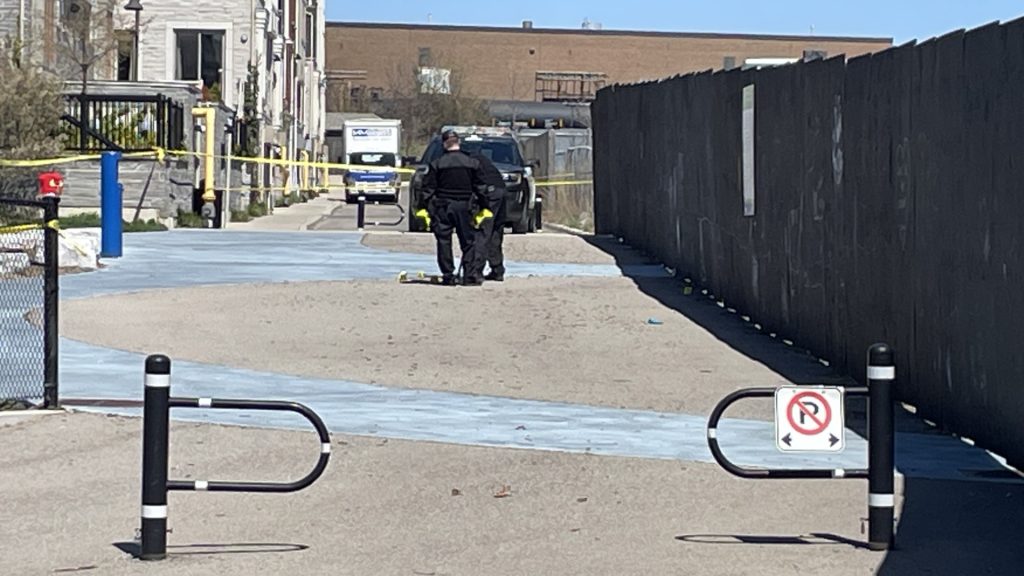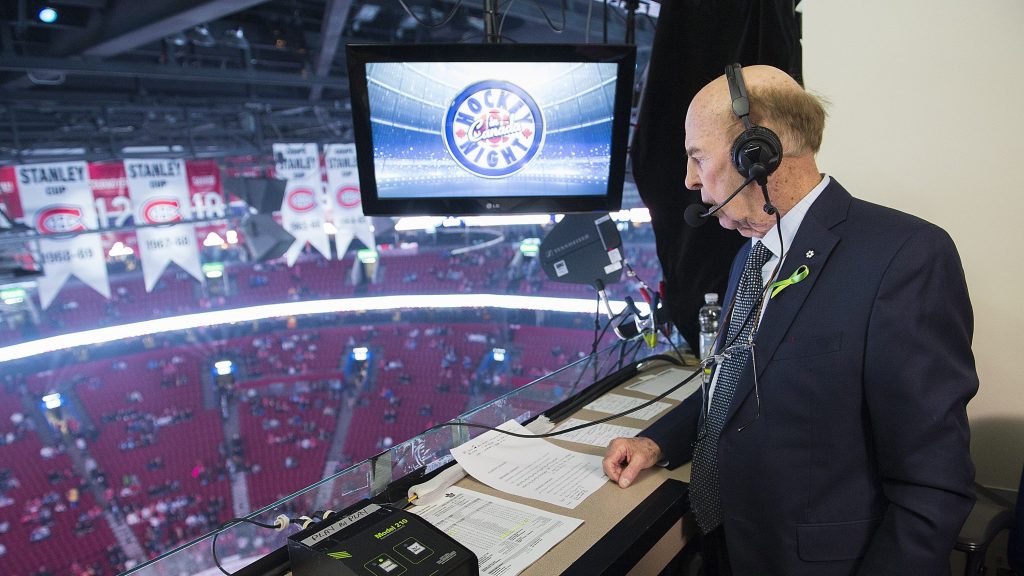Abbotsford’s homeless prefer parks to available shelter, argues city lawyer
Posted August 4, 2015 2:19 pm.
Last Updated August 4, 2015 7:20 pm.
This article is more than 5 years old.
NEW WESTMINSTER, B.C. – Homeless in Abbotsford, B.C., are choosing to sleep outside rather than use available shelter, says a lawyer for the city that is accused of violating charter rights.
People living in tent encampments in several parks in the Fraser Valley community are doing so based on preference, not necessity, lawyer James Yardley told a British Columbia Supreme Court judge on Tuesday.
“Clearly there’s an element of choice, of conscious decision, not to take housing,” Yardley told the judge hearing the challenge against the city’s bylaws.
In his closing submissions, Yardley said there is no basis for the lawsuit. He called for the case to be dismissed.
The civil court challenge claims the City of Abbotsford is criminalizing the homeless with bylaws prohibiting people from setting up camps in public spaces. The challenge was launched by a group called the Drug War Survivors and the case has been in court since late June.
The advocacy group, assisted by Pivot Legal Society, hopes to establish a right to housing and public space for homeless people throughout Canada.
The case has gained heightened attention for city tactics aimed at moving the homeless along. Police have used pepper spray on people and city workers dumped chicken manure on one campsite.
Yardley told the judge the city does recognize that homelessness is a social problem and worthy of concern.
He said Abbotsford has set up a variety of housing options for people sleeping on public lands.
The possibilities extend beyond emergency shelter, 25 spaces provided by the Salvation Army and spots only open during extreme weather, he added.
“Those members of Abbotsford’s homeless who testified are either housed, have access to housing or recently left housing,” he said. “No one testified he was simply unable to access housing.”
The city doesn’t dispute some homeless people, such as drug addicts, face barriers to accommodations, he said. But he argued those setting up camps can’t be classified as a distinct group whose rights have been equally infringed.
“The evidence, if anything, shows they are far more capable to avail themselves of a range of housing than is suggested.”
Yardley disputes the challenger’s count of 151 homeless people in Abbotsford. The city views the March 2014 count as a one-night snapshot, he said.
More acceptable is figure of 62 people who actually said they slept outside that night, eliminating for example people living in safe houses and transitional housing, he rebutted.
“We submit there is no specific number (of homeless),” he said.
Earlier in the day, the lawyer for the homeless group told the trial that the city is unfairly blaming people who need government help.
“People make garbage, people have to urinate, people have to defecate. They have to do it somewhere,” said David Wotherspoon with Pivot.
“Blaming Abbotsford’s homeless for the existence of those circumstances is, effectively, blaming the victim.”
He added it’s wrong to suggest street people have chosen their plight.
“There are real choices being made, but those are choices that relate to the city — the choice not to provide a variety of services.”
The B.C. Civil Liberties Association also argued the city’s rules must be struck down.
“It falls to the city to craft the bylaws that respect constitutional rights,” said the group’s lawyer Alison Latimer.
Follow @TamsynBurgmann on Twitter










